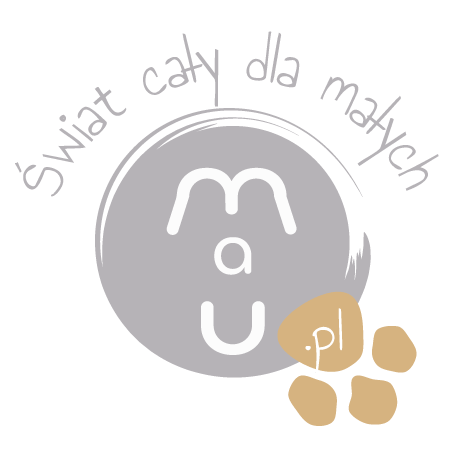She provides a detailed breakdown of page structure and how to bridge the gap between product and SEO. To streamline your process of checking and updating your business information online, you can use tools like Semrush Listing Management. This off-page SEO tool lets you edit your business info and automatically apply the changes to top local directories online. SEOquake also works in the SERPs, so you get a shortlist of websites you can contact for guest blog posting. Off-page SEO (or off-site SEO) is the practice of improving a site’s search rankings through activities outside the site.
In contrast, on-page SEO involves optimizing webpage elements (e.g., improving content, incorporating internal links, and boosting page speed) to get more search engine traffic. Securing a spot in “best of” lists and rankings can greatly amplify your visibility and establish your brand’s credibility. These lists are often compiled by reputable industry websites or publications and serve as a trusted source of information for consumers seeking top providers in various fields. To maximize the benefits of guest posting, target reputable sites that align with your brand’s values and audience. Create engaging and informative articles that resonate with the host sites to increase visibility and credibility. The nursery benefits from the authority of the linking site, increasing its chances of ranking for relevant terms.
Analyze Your Competitors’ Backlink Profiles
Let’s dive into the main off-page techniques that will help boost your site’s authority and organic search traffic. To put it differently, off-page SEO consists of the strategies employed outside of your website to establish trustworthiness and authority in the eyes of search engines like Google. Earning brand mentions SEO Anomaly across the web isn’t a binary equation since there is not a single way of building your brand.
- Each page on your site should include text content that discusses the page’s topic.
- Engaging in event marketing can amplify your off-page SEO efforts by driving traffic, increasing social media engagement, and improving your site’s credibility to search engines.
- According Moz, domain-level links carry 21% of the ranking weight and page-level links carry 19.2% of the ranking weight.
- This is easy to find when you have any SEO tool at hand, one that does backlink analysis.
Directories & citations for local SEO
There’s no better way to build your brand’s topical expertise than to be quoted in an article on a major news outlet. This may not feel like an “SEO tactic,” and that’s probably because it’s largely just marketing 101. But it’s also the most basic, ground-floor element of all off-site SEO strategies.
Chapter 1:Off-Page SEO Fundamentals
When you enable it, you’ll see a window with color-coded links of different types, as well as link attributes that help you review link structures easily. Metadata—Each page should have a meta title and meta description that concisely and accurately represents its content. Meta titles should be up to 60 characters long, while meta descriptions should fit into 140–160 characters, including spaces. No matter what niche you’re in, you can find various forums and communities your audience frequents to discuss all sorts of topics. Create platform-specific content—Each content type works best on a specific platform. For example, you can publish long-form content on YouTube and short-form content on TikTok and Instagram Reels.
Off-page SEO also generates a substantial amount of referral traffic – which comes from the referring page, whether it’s a blog post, review site, or even a social media post. However, this only includes organic traffic, which comes from Google and other search engines. WooRank’s marketing tools will help you ensure your website’s foundation is solid with actionable website reviews, in-depth technical analysis and keywords. However, SEO works best if you’ve got good on-page SEO before you spend too much time and effort (and not to mention money) on building links or promoting your site on social media. This part of SEO is all about ensuring your website’s content can be crawled, indexed and understood by search engines. On-page SEO is important because search engines rely on keywords and other on-page SEO elements to determine whether a page matches a user’s search intent.
Follow these guidelines to create a strong link profile and earn quality backlinks to your website. On-page SEO deals with making changes on your website, especially content, to improve your SERP rankings. Essentially, on-page SEO focusses on keyword optimization by placing the right keywords at the right places in the right number. The more people link to your website and mention your brand, the more Google and other search engines will think that your site is a credible and trustworthy source of information. Google loves brands and prefers to rank branded websites on top of the results.
It’s worth noting that the “experience” factor was added in 2022. The strategy begins with researching popular content in your industry that has already gained significant attention. Then, make a better, more comprehensive version of that content. Add value by including updated statistics, visuals, or expert insights.





